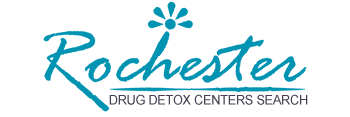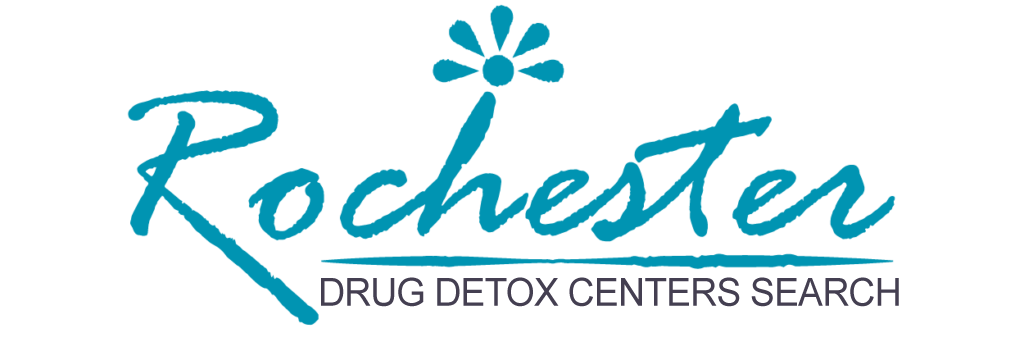There are various addiction treatment programs, each designed to facilitate and correct specific areas of an addict’s life. Effective addiction treatment programs are arranged in steps or phases and progress to their desired goal of removing drugs from the body, and teaching, equipping, counseling and preparing the addict for a life of sobriety. Some of the most common addiction treatments are the detox process, counseling services, cognitive behavioral therapy, co-occurring disorders treatment, relapse prevention, family counseling, legal services, medical services and aftercare programs. That is how addiction treatment works.
How Addiction Treatment Works
Effective treatment goals for the addict include:
- That the addict stops using drugs or alcohol
- That the addict maintains sobriety
- That the addict becomes a healthy and productive member of society.
Addiction is a progressive, complex disorder that may affect all areas of the addict’s life. Treatment for addiction should be custom designed to each addict’s unique situation based upon the severity of his addiction and a mental and physical health evaluation. Treatment should address brain function impairment caused by drugs or alcohol, and also behavior problems. For treatments to be effective, the addict should remain in the programs until the set-goals have been met. Medications are also an important part of treatment programs, especially when treating co-occurring disorders, chronic pain and other health problems. The addict should be re-evaluated and monitored regularly while he is on medications. The addict should also have a continuous support system and he should be treated holistically to regain balance in body, mind and spirit. All areas of a person’s life should be addressed for a successful treatment outcome. This would include legal problems, housing, health problems, family and child custody issues, employment options, educational or vocational training, etc.
When an addict stops using drugs or alcohol, his body will begin to experience withdrawal symptoms, which in some cases can be life-threatening depending on the addictive substances used and the severity of the addiction. Substance abusers with a moderate to severe addiction should be treated as an inpatient at an addiction rehabilitation facility. The personnel at the rehab center are experienced and knowledgeable in all areas of addiction and recovery. The addict should receive a medically supervised detox, where he will be monitored throughout the weaning process. His body will begin to experience withdrawal symptoms because his body is struggling to regain balance without the offending substances. There may be times when a serious complication can occur, and the medical team is prepared to medically treat the individual and slow the progression of the detox process to help the addict’s body regain homeostasis. The addict will be kept stable until the process is finished and also watched afterward. The detox process is the first stage of an addiction treatment program.
If an addict has a co-occurring mental disorder, it should be integrated into the treatment program. Some co-occurring mental disorders are clinical depression, Attention Deficit Hyperactivity Disorder, Post Traumatic Stress Disorder (PTSD), schizophrenia, Bipolar Disorder and Obsessive Compulsive Disorder. If an addict has not been diagnosed with a mental disorder and is left untreated, he may experience social, biological and psychological problems. The addict may experience depression and have suicidal thoughts or behavior, become incarcerated because of aberrant behavior, become homeless, or become malnourished and develop infections and disease. The overlapping symptoms of mental illness (treated or not) with drug or alcohol addiction is a dangerous combination, and each issue adversely affects the other. Medications, individual and group therapy, educational and family counseling, behavioral therapies, and holistic alternative therapies have all been shown to be effective in treating co-occurring disorders.
Licensed residential treatment facilities offer the addict a safe, structured home environment which includes medical attention, various therapeutic approaches and group support. Residency can last from six to twelve months, and treatment goals range from influencing the person to develop positive goals and attitudes to preparing him for living self-sufficiently.
There are many other addiction treatment programs that are available. Each one is intended to educate reform, equip, heal or prepare the addict for a sober and fulfilling new life. Let Drug Detox Centers Rochester be your guide to recovery. Just give us a call today at (585) 666-2832 for information.




Leave A Comment